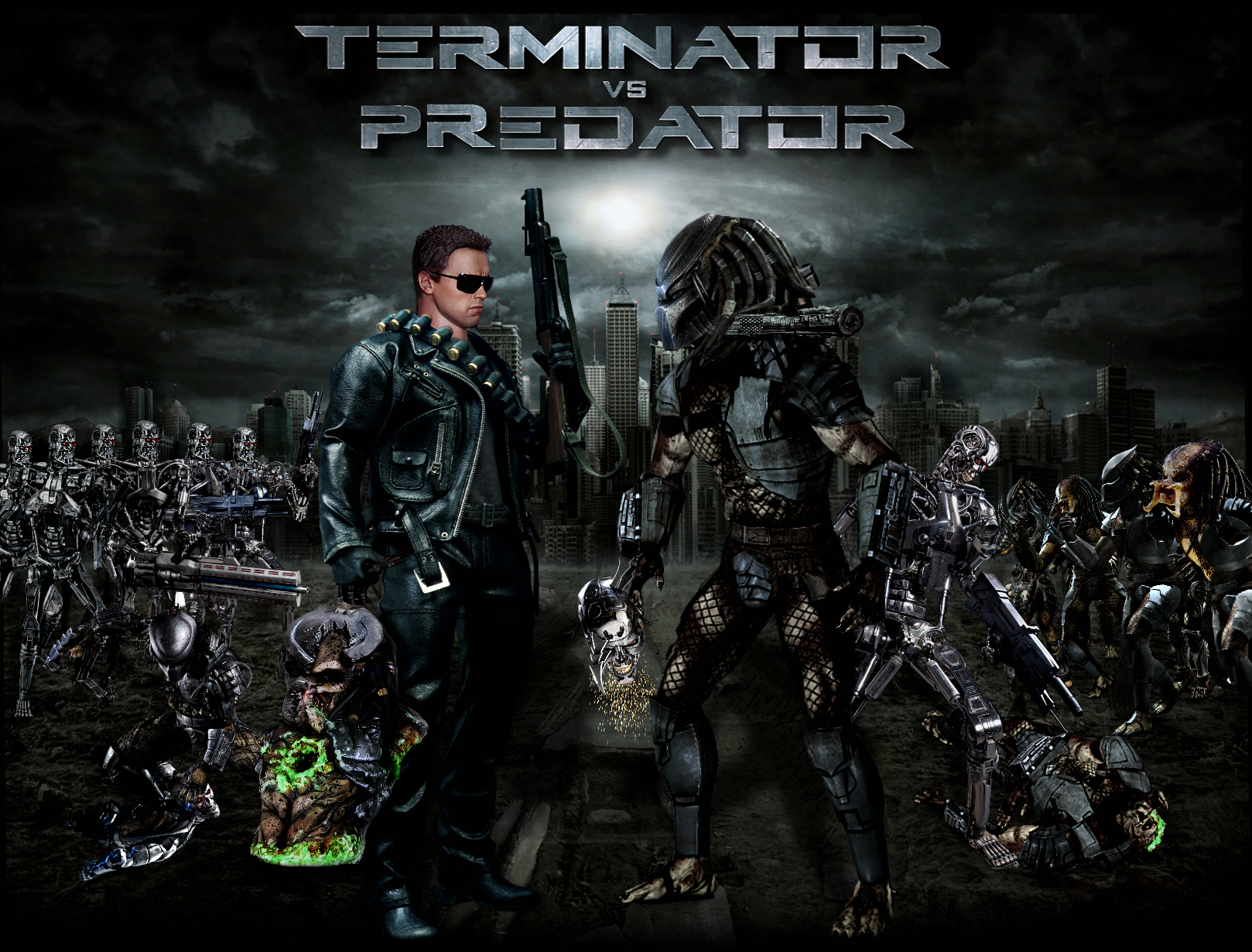

Though the title characters would meet in comic books and video games, and not on the big screen, the crossover was calibrated for maximum credibility, with Frank Miller - who wrote both RoboCop 2 and RoboCop 3 - tapped to write the story.įor an audience wary of the impending RoboCop 3 - which was dumping the ultra-violence of the first two films in an (ultimately successful) effort to land a PG-13 rating - Miller's vision sounded perfect. And following the polarizing second installment, RoboCop 3 was just a year away from release - the perfect time to juice interest in the franchise. Coming off the massive success of 1991's Terminator 2: Judgment Day, the Terminator franchise was at its cultural peak. Terminator couldn't have been much better. Terminator" debate in movie theater lobbies and comic-book shops for years. Godzilla, no crossover had so openly catered to the whims of its most devoted fans, who had been having the "RoboCop vs. With rare exceptions like 1943's Frankenstein Meets the Wolf Man and 1968's King Kong vs. However, years before Hollywood's obsession with building vast, interconnected cinematic universes began, there was 1992's cross-platform media event RoboCop vs.


 0 kommentar(er)
0 kommentar(er)
